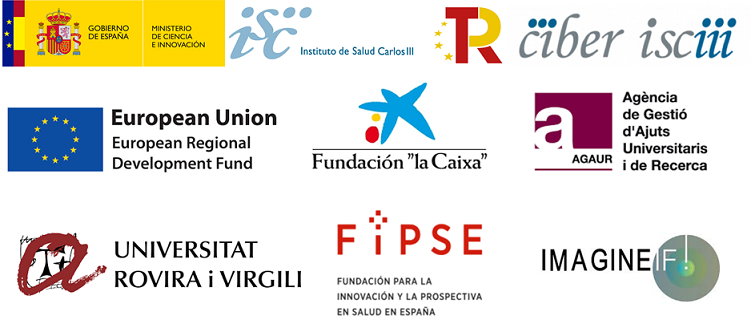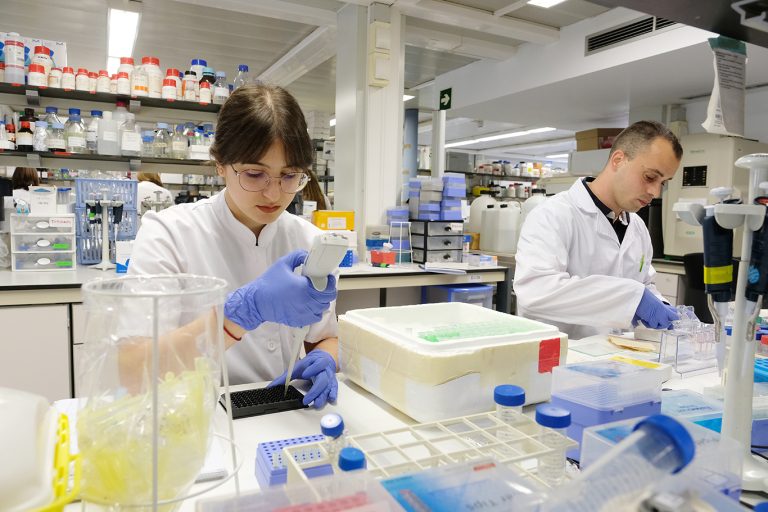Obesity and type 2 diabetes are global challenges of pandemic proportions and need new multidimensional and personalized approaches. Gut microbiota contributes to obesity, diabetes and related metabolic diseases. Indeed, gut dysbiosis is one of the major factors underlying the obesity-related inflammatory environment. However, probiotics are still not used within the common clinical practice.
In this context, at the IISPV the “Diabetes and Metabolic Associated Diseases” Research Group, which belongs to CIBERDEM (Spanish Biomedical Research Center in Diabetes and Associated Metabolic Disorders), is currently working on the development of a novel probiotic strategy composed by bacteria able to decrease succinate, which is overall a pro-inflammatory factor. The research team has in vivo data from diet-induced obese mice showing that oral administration of certain succinate-consuming strains is able to decrease obesity-induced inflamation. This approach reveals a novel mechanism for the management of obesity and energy metabolic syndrome. The team is also working on the development of a companion diagnostics kit based on the follow-up of succinate, which would suppose a step forward towards a personalized and rational use of probiotics.
This new tool for improving health status that integrates a probiotic and a self-monitoring kit will help to control obesity and type 2 diabetes not only from the clinical perspective but also from the social and psychological perspective, helping patients to gain control, knowledge and confidence on their health status and hopefully improve treatment adherence not only to the probiotic product but also to a healthier lifestyle and diet.
With the ultimate aim of reaching the patients, researchers from IISPV are now seeking for a strategic partner for further developing this promising invention.

Project financed by the European Union through the European Regional Development Fund (ERDF) and the support from La Caixa Research Foundation, the Carlos III Health Institute (ISCIII), the Catalan Agency for Management of University and Research Grants (AGAUR) IU68-017106, the “Fundación para la Innovación y la Prospectiva en salud en España” (FIPSE) and the Universitat Rovira I Virgili. The Spanish Biomedical Research Center in Diabetes and Associated Metabolic Disorders (CIBERDEM) (CB07708/0012) is an initiative of the Instituto de Salud Carlos III. The project has also been awarded with the second prize in the last edition of Barcelona Imagine If Acceleration program.

18 de May de 2020


26 de April de 2024


